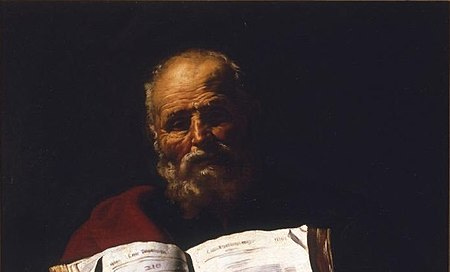His Sufferings Were Before Your Eyes: Part II
Part II: Mathetes, Polycarp of Smyrna, & Justin Martyr
This is part two of a series of posts here on Substack titled, “His Sufferings Were Before Your Eyes: Selections from The Church Fathers on The Passion of Christ.” Subscribe to get the upcoming insta…
Keep reading with a 7-day free trial
Subscribe to Power & Glory to keep reading this post and get 7 days of free access to the full post archives.



